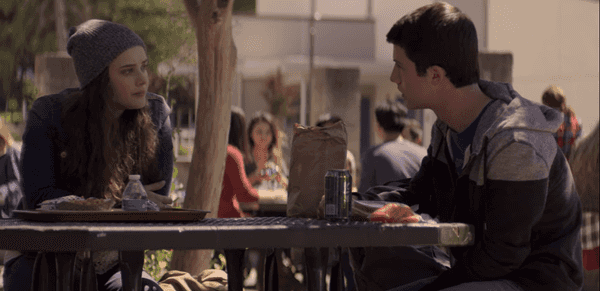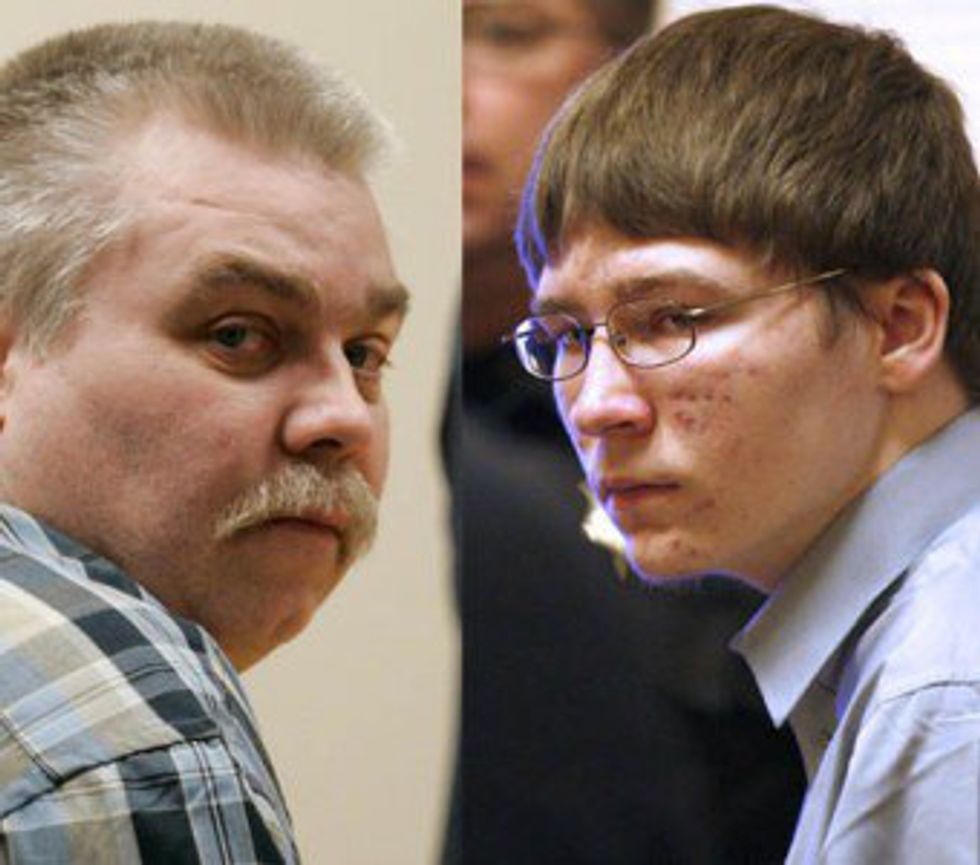Making A Murderer, a Netflix original series added early January 2016, has become an exceedingly popular topic of controversy in the United States today. With the continuously increasing interest in social and political issues across America, today's youth has become exceedingly interested in documentary style reporting. From the recognition of human trafficking and genocide to the affirmation of global climate change and the exploration of space and time, documentaries have began to address a number of present and relevant issues worldwide. This Netflix original documentary, however, focuses exclusively on the interpersonal relationship between citizen and state in a case known by the United States as "State Of Wisconsin vs Avery". While at first glance this case may seem routine, it has raised many an eyebrow towards the validity of state government and the potential abuse of its power.
Note: To fully understand the controversy in this case, one must first experience the case for themselves and while most of us were not in the courtroom during the actual case, I feel as though the following paragraph or two covers the bases fairly well. I do suggest, however, you research the case on your own time and watch the documentary on Netflix to get the full experience before forming an opinion on whether or not Steven Avery and Brendan Dassey's convictions were sound. Thank you.
In the case of "State Of Wisconsin vs Avery," focused in Manitowoc County, Wisconsin during the November of 2005, Steven Avery faced a long trial challenging his freedom. During this time Avery (the defendant) was accused of murder in the first degree of 25-year-old Teresa Halbach, a local photographer in Manitowoc County to whom had become acquainted with Avery through a number of odd jobs. After Halbach was reported missing by her parents several days after her meeting with Avery, the police found Steven Avery to be her last known contact and took him into custody along with his teenage nephew Brendan Dassey who was said to have been with Avery the day of his and Teresa's meeting. Avery was adamant of his innocence and proposed in front of the court that, after previously being falsely incarcerated by the state of Wisconsin, the state was framing him for this murder. However, after a small search party found Halbach's car on Avery's property alongside pieces of charred human remains and bullet fragments inside of the vehicle, the evidence began to look in favor of the state. Avery, who continued to deny the states accusations of the murder of Teresa Halbach, was found guilty, alongside his nephew Brendan Dassey, of rape and murder in the first degree as well as desecration of a body in 2007 where they both were sentenced to life in prison. Avery would then be incarcerated with no chance of parole.
Throughout the documentary we watch Avery and Dassey struggle with their innocence against the state.
But before you jump right to Change.org or The Innocence Project, consider the possibility that Avery's convictions by the state of Wisconsin were fair. While people are naturally quick to believe Avery's plead of innocence, there are several things that the Netflix documentary either neglects to mention or quickly skips over that are important to developing a well-informed opinion on whether or not Steven Avery and Brendan Dassey did in fact take the life of Teresa Halbach in the fall of 2005.
WARNING! Some of the following text can hard to stomach and easily controversial! If you are easily offended please continue with caution and remember that the following information is based on evidence found in scholarly articles, newspapers, and the documentary in question! Thank you!
What To Consider When Making Your Personal Verdict
1. Steven Avery's Violent Past
While addressed briefly in the Netflix original series, this was not Steven Avery's first interaction with the law. From 1982 to 2005, Avery had a total of six convictions (including the rape allegations which Avery would later be acquitted from and the murder of Teresa Halbach). These convictions include crimes such as burglary, animal cruelty, assault, and the possession of a firearm as a felon. While these were mentioned in Making A Murderer it was not mentioned just how violent some of these cases were. The main case in which I am referencing to is that in which he committed acts of animal cruelty. When Avery was 20-years-old he committed the crime of blatant animal cruelty, along with another man, in which he took his family cat, poured gasoline and hot oil onto it, then proceeded to throw said cat (at the time still alive) into a fire him and the other man had set specifically for the occasion.
Animal cruelty, as documented by psychologists in the 1970s, is one of the few tell tale signs of psychopathy in the United States and historically has been considered a prevalent behavioral trait in serial killers and rapists.
This act alone should throw up a red flag to any member of the court. However, the documentary does not show us the full disclosure of this horrific act committed by Steven Avery in 1982 to the jury which can only lead us to believe that the information was either withheld or thrown out from the trial. If the information was, in fact, thrown out by the court then it may have influenced the jury's verdict and thus could be considered tampering with the case to some degree.
Yet, if Steven Avery's criminal history was actually addressed during the case and strictly left out from the documentary, then it would support the rather popular claim that the documentary, Making A Murderer, is biased in favor of Avery's innocence.
2. Brendan Dassey's Mental Disability
Making A Murderer hinted at Brendan Dassey's mental deficiency and, to most of us viewers, it seemed pretty clear that there was something rather off about Dassey in the courtroom but it felt as though Dassey's disabilities was never fully addressed. However, when researching Brendan Dassey online it is heavily documented that he has what is defined as an intellectual disability. An intellectual disability is defined as a below average intelligence before becoming a legal adult at age 18. At the age of 16-years-old (the time of his conviction) Dassey was believed to read at a 4th grade reading level and have an IQ somewhere between 69 and 73 leaving him somewhere between the 2.2-6.7%. Anywhere below 70 is considered to be deficient
When Dassey was initially questioned by his appointed lawyer in 2006 he confessed in great detail to a number of criminal acts involving Teresa Halbach including rape and murder that he accompanied his uncle Steven Avery in. Though Dassey later claims his confession was false, it is possible that, with his IQ deficiency, Dassey confessed before recognizing the repercussions of his actions and once he realized what he had done was quick to take it back.
However, what the documentary may have ignored is Avery's influence over his adolescent nephew, Brendan Dassey. While it is possible that Dassey took the life of young Teresa Halbach on his own accord, it seems even more probable that Steven Avery could have easily manipulated Brendan Dassey into committing these horrendous crimes or even simply confessing in Avery's place.
I know what you're thinking, "With the number of evidence we have against Avery and Dassey's innocence, why would anyone believe they did not commit the rape and murder of Teresa Halbach?" But remember, in this instance it is not the evidence itself that is most important but instead the way it is presented to its audience.
That's the beauty of a documentary. While the perfect documentary would remain entirely unbiased in favor of either party, which arguably may have been the case, it is difficult to understand or feel for that which we cannot see. The state, in this instance, being what we cannot see.
As viewers, we visually experience the sorrow and pain of the Avery and Dassey families as they struggle through the murder allegations of the people they hold most dear. We see the tears, the pain, and the heartbreak of the defendants and as humans, we tend to empathize with those who we spend a significant amount of time with and after ten episodes we begin to see Avery, alongside Dassey, as human beings capable of feeling fear, sorrow while the state of Wisconsin is exactly that - a state.
So, are Steven Avery and Brendan Dassey truly guilty? I can't say, but I can say that Making A Murder does not even begin to scratch the surface of the case and if you are willing to argue in favor of either the defendant or the prosecution, be sure to know all of your facts and not just the ones from the documentary.






















